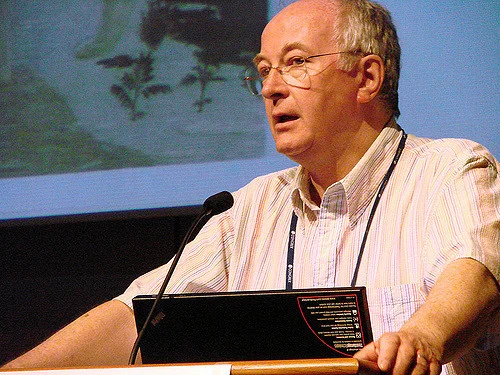BY DUR-E-MAKNOON AHMED ’20
At its core, the study of English literature as an academic discipline is meant to be centered around the appreciation of artistic merit. Various frameworks are used to explore literary works, but the human fascination with art is ultimately at the heart of the study of literary works. While this value is universal enough, the worldwide culture in which the English discipline emerged is biased, and English education still struggles to transcend Eurocentrism.












